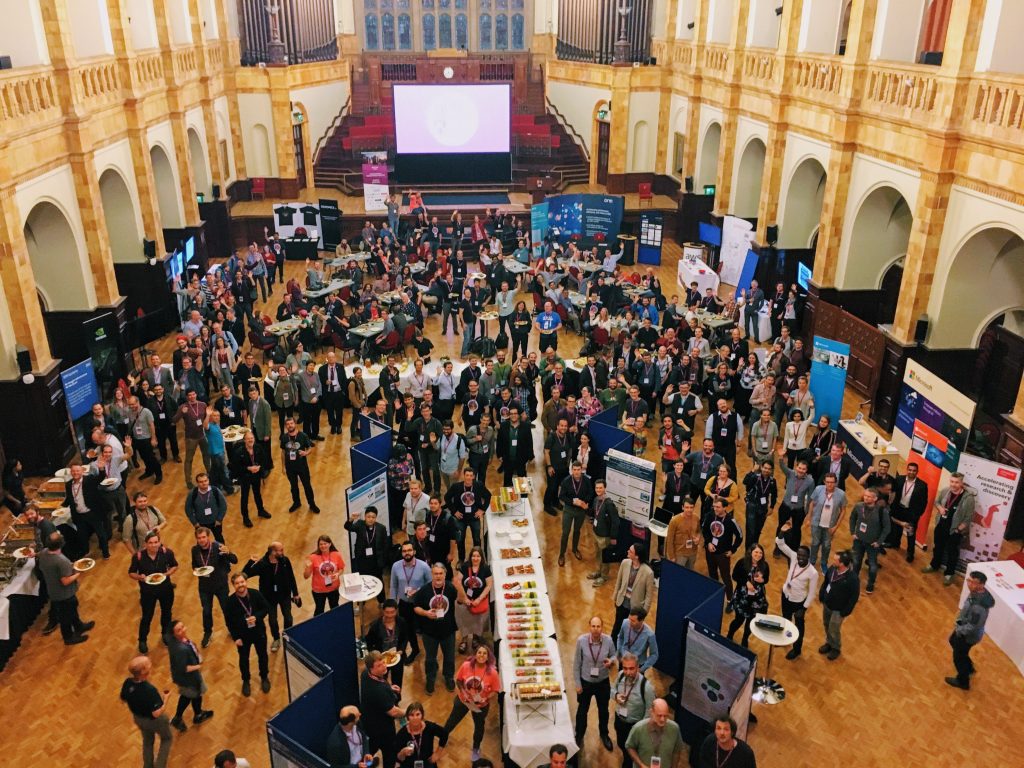A review of the RSE team’s activities in 2019
2019 has been another very busy and productive year for the RSE team in the Research Computing Service at Imperial College. Our core mission is to accelerate the research conducted at Imperial through collaborative software development, and we have now completed 24 projects since our inception 2 years ago with 75% of our first-year projects resulting in follow-on engagements. We’ve highlighted 5 of our most fruitful collaborations on our new webpages, which also provide more information about the team and the services we offer. We are about to appoint our fifth team member, reflecting the value we’ve offered to research projects (and proving that there is a career pathway for RSEs!).
In addition to our project work we’ve assisted researchers at over 40 RCS clinics this year and played a strong supporting role in Imperial’s Research Software community, from Hacktoberfest to departmental events. We’ve developed two brand new Graduate School courses in Research Software Engineering (to be delivered next term) and have helped deliver 4 Software Carpentry workshops. We’ve also played an increasingly active role in promoting the benefits of RSE (and the role itself) to relevant stakeholders in the College. This has complemented our broader engagement activities: acting as expert reviewers for JOSS submissions, contributing to numerous OSS projects, presenting at 3 international RSE conferences (deRSE19, UKRSE19 and NL-RSE19), and promoting our work via blogging, social media and attendance at several other relevant events – locally (e.g. RSLondonSouthEast 2019) and nationally (e.g. CW19, CIUK).

We continue to develop tools and infrastructure to support RSE within in the College. The nascent Research Software Directory aims to showcase the breadth of software developed at Imperial, encouraging collaboration, re-use and citation. We’re also attempting to give software a stronger position amongst research outputs through our current work on the Research References Tracking Tool (R2T2) and helping researchers submit their software to Spiral via Symplectic. Finally, we continue to share advice and guidance on how to adopt better RSE practices, such as QA and CI.
As we look forward and further develop the Research Computing Service’s RSE capacity and expertise we’d like to thank all the academics who have trusted us with their projects, and all the researchers who’ve taken the time to explain their work and have enthusiastically embraced good software engineering practices. We’re looking forward to another 12 months of strengthening RSE at Imperial!
